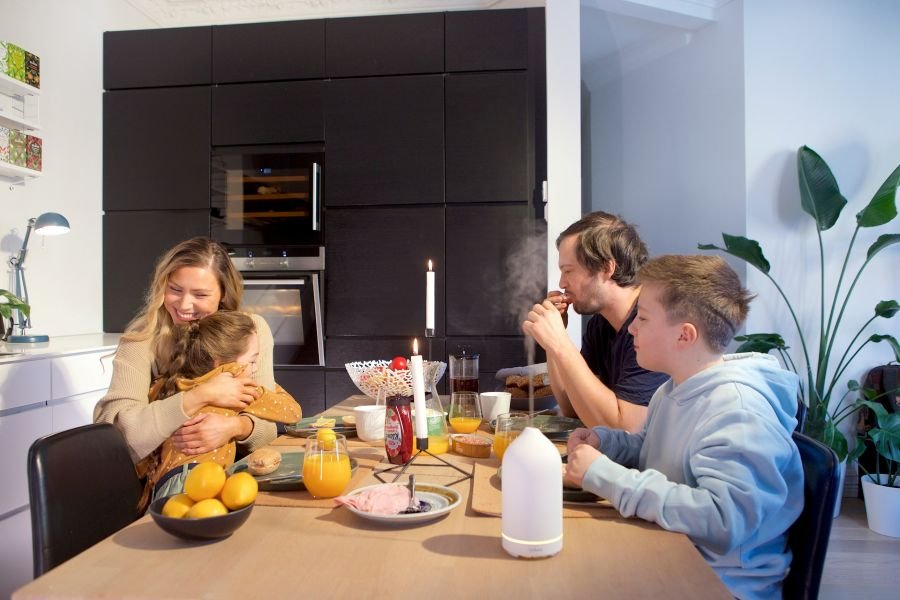How to Raise a Science Lover
/Many parents are a bit nervous when it comes to helping their children with science, particularly if they’re not very good at it themselves. However, most of the time, when it comes to helping your child with their schoolwork, the key is to have the right attitude.
For instance, when it comes to science, the best thing you can do is help your child find an interest in it and start to appreciate how important it is in the world around us.
You don’t always have to sit down and help them with their homework in order to assist their academic performance. If you’re wondering how to support your child in what to do next, I have teamed up with a private junior school in Surrey to offer some advice.
Credit: Unsplash
Science is a very broad subject and can eventually lead to an abundance of fantastic career options, from medicine to astronomy or forensics. With that said, there’s no wonder that parents are looking for ways to help their children perform well.
Start by making science feel familiar to your child by chatting about it on a frequent basis.
For instance, if you’re driving in the car, you could ask your child if they know what makes the car move or how the engine works. You could even go down an environmental route and explore some more eco-friendly ways of travelling.
Alternatively, when you sit down for dinner, you could bring up something you read about in the news recently, like severe weather in a foreign country or a medical breakthrough. Essentially, the trick is to make science feel like a normal and unintimidating aspect of life.
Credit: Unsplash
As well as talking about science-related topics, you should also try and get your child to take part in some science-related activities. Perhaps you could invest in some binoculars and encourage your child to do some birdwatching.
Credit: Unsplash
For younger children, you could experiment with water and figure out which type of objects sink and which one’s float. You probably have plenty of equipment and ingredients dotted around the house that would be great for home experiments, such as washing up liquid or bicarbonate of soda.
Have a look online and see if you can find some safe activities that you and your child can do together.
It might be worth contacting your child’s teachers so that you can learn a little more about the curriculum and incorporate similar activities into your home life, to anchor their knowledge.
The teachers will be thrilled to hear from you and know that you are working together to reach a common goal.
Disclosure: This is a collaborative post.

















(1).jpg?w=300&h=250)





.jpg)








